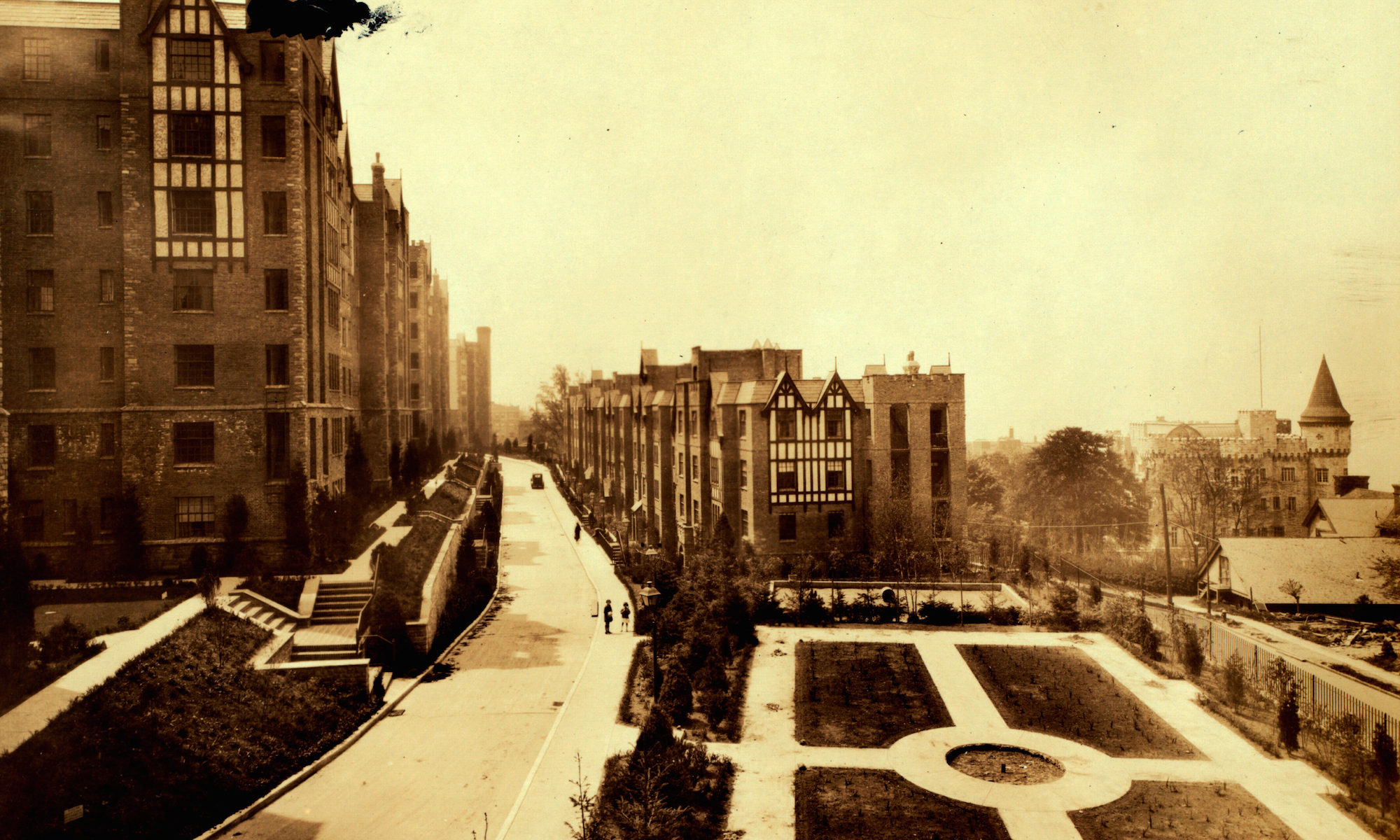Page 90
CHAPTER EIGHTEEN
Returning to my law studies, somehow I began to have a vague notion that some day I would visit the new world, of which I had seen the first example of vigor and success. As one of my hobbies for nearly two years, I had been studying English by myself and had found it intriguing and not difficult. It was my goal to read some of the Shakespeare’s works in their original text. In the summer of 1903, at the age of eighteen, I did read and translate King Lear.
After meeting Dr. Paterno, the English language seemed to assume a more practical meaning. Rome always had a large number of English tourists, seen in groups, with guides explaining the various points of interest. I started to listen in; but, while I could read rather fluently, not a spoken word could I understand. I decided to take a night course at the Berlitz School and the clouds began to clear. I then attended Sunday services at an English church, but I was discouraged by my inability to follow the rolling sermon, except for single words here and there. I dismissed the effort, continuing however to read English books.
Another memorable episode took place in that throbbing period of my life. Guglielmo Marconi had attained world fame. As a student at the University of Bologna, he discovered the “coherer,” a glass tube filled with iron filings, which made possible the transmission of the Hertzian waves in Morse signals. His aged professor Riga had spent a lifetime unsuccessfully. The apathetic attitude of the Italian government of those days had compelled the youthful inventor to seek support in England, where the vast possibilities of the discovery were grasped and capitalized in full. However, Marconi loved his country and obtained permission to install one of the first radio antennae on Monte Mario, Rome. He came there in the Spring of 1903, a young man in his early twenties. The University students, considering him a colleague, claimed and were granted the honor to receive him. We met him at the Railway Station and carried him on our shoulders to a carriage to which his mother was escorted by…
Page 91
…many notables. We detached the horses and pulled the carriage all the way to the hotel, a large police force clearing our path through the jamming crowd.
Marconi’s mother was a reddish-blond woman. She was born in Ireland, a fact not generally known and which swells the chest of my Irish friends who hear it for the first time.
One morning, Marconi went somewhere by train. In the station square, Piazza delle Terme, a blond woman was sitting in a carriage. Believing it to be Marconi’s mother, we started detaching the horses, to rickshaw her back to the hotel. An infuriated tall foreigner came swinging his umbrella and protesting in bad Italian. We stopped. The blond lady was the foreigner’s wife. The story made the front page and were told that, on reading it, Marconi and his mother were in “stitches.”
Twenty-four years later Marconi came to New York, to inaugurate the Casa Italiana at Columbia University. At dinner, one evening, I recalled the incident to him and he remembered it clearly, with a gusty laugh. He was the same modest good fellow of student days. During the installation at Monte Mario, Marconi received the honorary citizenship of Rome, conferred to him in the Capitol (Campidoglio), one of the highest recognitions to fulfill any man’s ambition. All intellectual and noble Romans were there, intermingled with University students. In reading a short speech of thanks, Marconi was stage stricken. He stumbled through and, at the final sentence: civis romanus sum (I am a Roman citizen), he made a bad slip and was a red as a lobster. The audience was silently sorry for his embarrassment. Public speaking should be taught to all, from adolescence.
Page 92
(photo)
To Anthony Campagna, Munificent giver to the Casa Italiana of New York, remembrance of Guglielmo Marconi 10-18-1927
Next: Chapter 19



